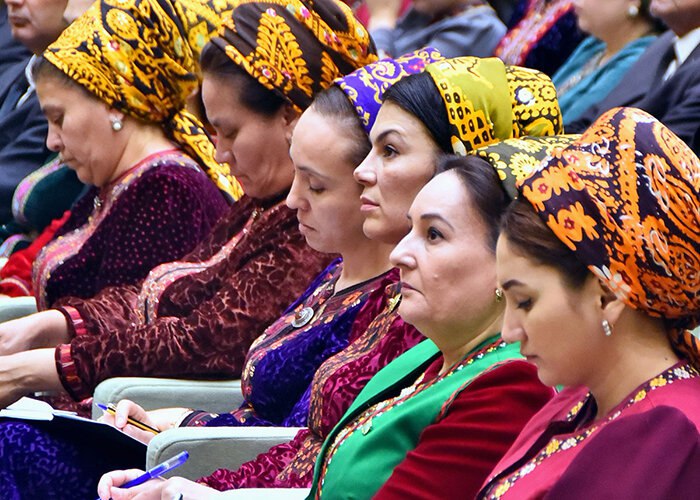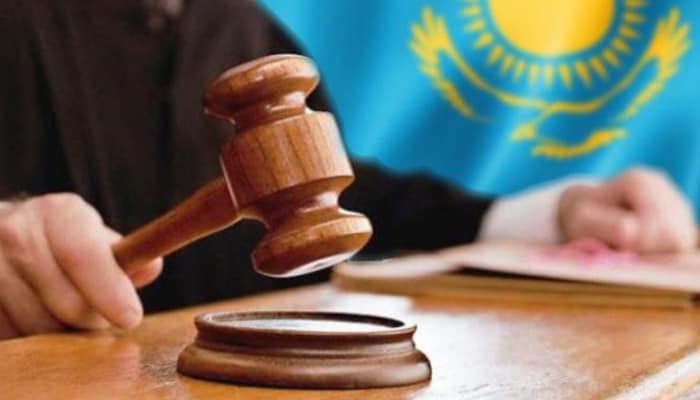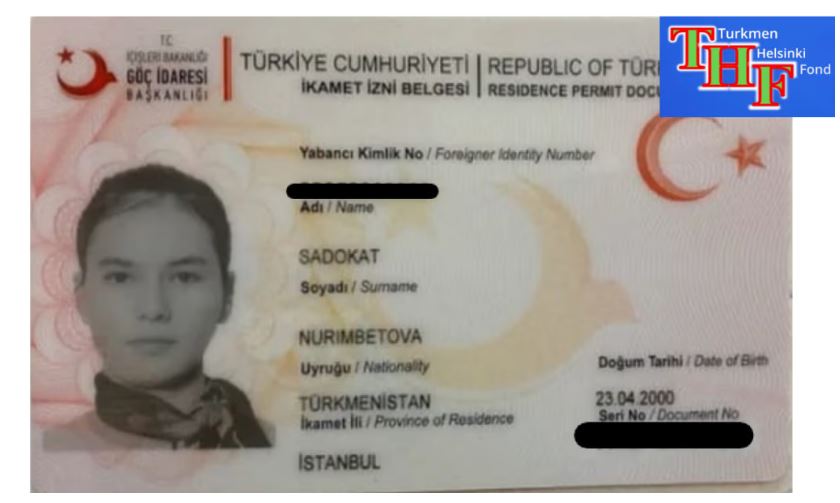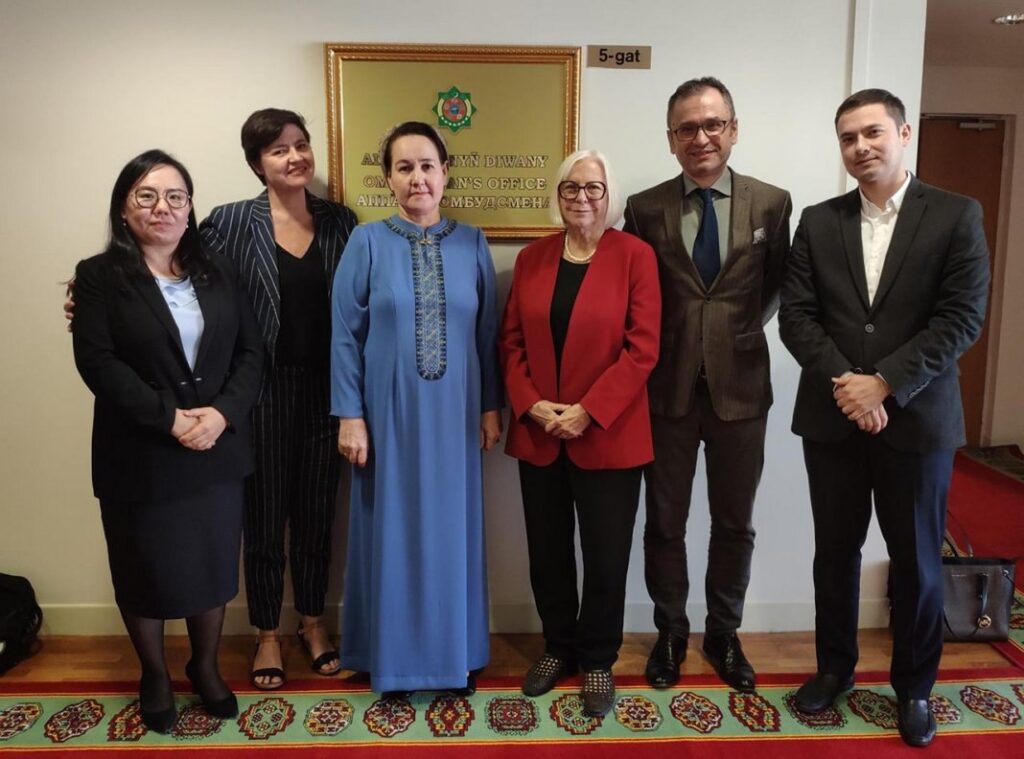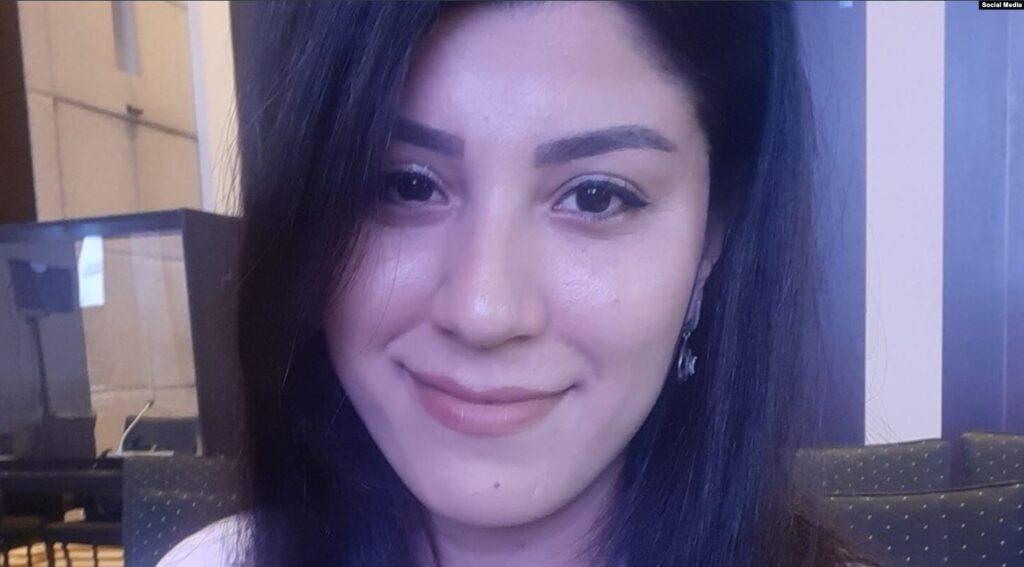In the city of Turkmenbashi, local authorities, including the khakimlik (mayor’s office), the National Security Ministry (NSM), the court, the police, and elders, are holding meetings with youth and cultural workers. At these meetings, they are warned not to disseminate information about events in the country, such as natural disasters and traffic accidents, on the internet or to journalists.
The meetings are hosted mainly by elders who reprimand the youth.
“They demanded not to share pictures and videos of someone asking for money for a sick child and not to write comments under posts about problems,” a cultural worker said during an anonymous conversation.
Meeting participants claim that the elders said, “There are no countries without faults, and faults need to be hidden.” They also emphasized that freedom on the internet should not lead to the spread of negative information.
Authorities stated that citizens who distributed videos about the Ashgabat floods have already been identified, and most were cultural workers.
“Cultural workers are lighthearted, and all the videos and information leaking online are mostly what you’re doing. All problems come either from singers or actors, and the people following them,” a cultural worker was quoted as saying by an NSM official.
The elders and representatives of the khakimlik also urged parents to monitor how their children use the internet and what sites they visit and read. Participants in the meeting were required to use VPN programs approved by the authorities and only share positive photos, videos, and messages about the country online.
